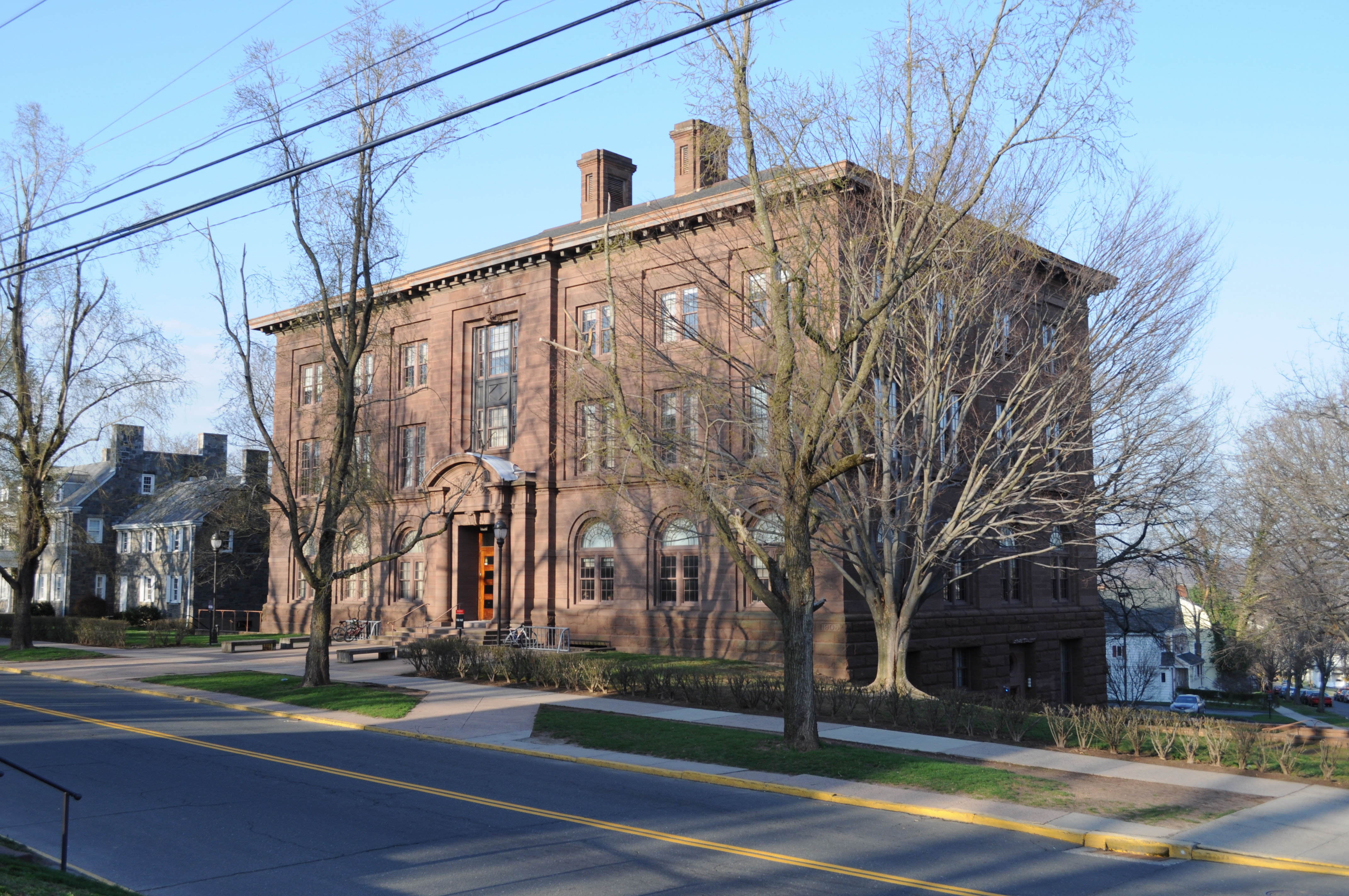
c/o commons.wikimedia.org
This semester, the Center for Pedagogical Innovation (CPI) launched a new program called the Presentation Studio for students who want to develop their presentation skills in a one-on-one setting with a peer mentor. Students can come in for a 45-minute appointment to work on class presentations, conference presentations, job interviews, and pitches. The Studio provides assistance on all aspects on these projects, from visual design to presentation organization to public speaking.
Modeled after the Shapiro Writing Center’s Writing Workshop, the program aims to promote the art of the presentation.
“The idea is to create the concept of presentations as more of a robust assignment,” Assistant Director of Instructional Design Jeffrey Goetz said.
Traditionally, the CPI has focused on teaching faculty and staff. One of their ongoing projects, the Universal Design for Instruction, enables professors to apply teaching strategies that are inclusive and effective for a diverse classroom. Now they’ve turned toward the student, in response to faculty’s requests for more student support in the area.
“This is the first big initiative we are taking to support students,” Director of the CPI Jennifer Rose said.
Both Rose and Goetz agree that presentation skills are also valuable in the workforce, as presentations are more common in workplaces than academic writing. Stills, these skills are not nurtured as much in college.
Goetz noted that professors have told him that presentations are often not prioritized and understood by the student body. It seems that, among the student body, presentations are thought of as an add-on to the more serious work of a class. The Presentation Studio wants to reframe that conversation.
“I went through a sample of [syllabi] from the fall semester and found that 33 percent of them had a presentation assignment of some kind,” Goetz said. “There are certainly a lot of faculty assigning it so creating the support for it was really important.”
According to Goetz, presentations and papers are structured in a very similar way. The presentation just has an extra element: the actual verbal communication of the material.
Goetz explains that there are two sides of making a good presentation: design and delivery. Design consists of slide flow, color choice, and logical progression of ideas, as well as addressing typical issues for presentations.
“One of the things that is an extremely common problem is overloading slides with too much information,” Goetz said.
The actual delivery of the presentation, however, takes a different set of skills. As part of a 45-minute appointment, students can practice their speech with a mentor who will give feedback.
Serena Rusk ’20 is one of three mentors who help students with their presentations. She believes that body language and confidence are important to the presentation delivery and that they can be taught and nurtured with practice.
“Having good technique and creating a presentation that both communicates the information and looks good will allow you to be confident when giving the presentation,” Rusk said.
While Rusk is confident talking in front of people, she realizes this is not the case for everyone.
“When I was in elementary middle school I went to an alternative charter school, and we focused—didn’t take tests or exams—we just focused on communicating information,” Rusk said. “So I practiced giving presentations and sharing portfolios of work all the time, so that was my educational foundation, and since then I’ve just been refining that skill and realizing that there’s more than just confidence. There’s a technique that can be applied.”
Beyond developing students’ skills in one-on-one appointments, Goetz wants to implement group workshops. In the coming week, the studio’s page on the University’s site will incorporate a page of useful tips, and WesPortal will be getting an easy appointment feature for the Studio like the Writing Center.
In April, The Presentation Studio is also hosting a Pecha Kucha competition, a timed presentation of 20 slides that will reward first and second place with $100 and $50 of Cardinal Tech credit, respectively.
Stuart Woodhams can be reached at swoodhams@wesleyan.edu.